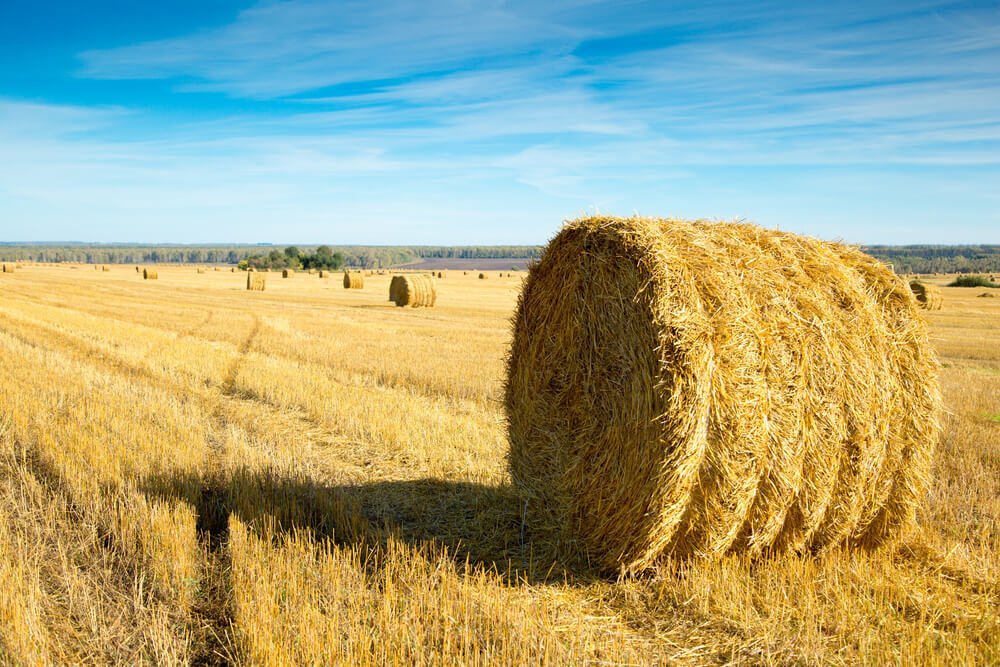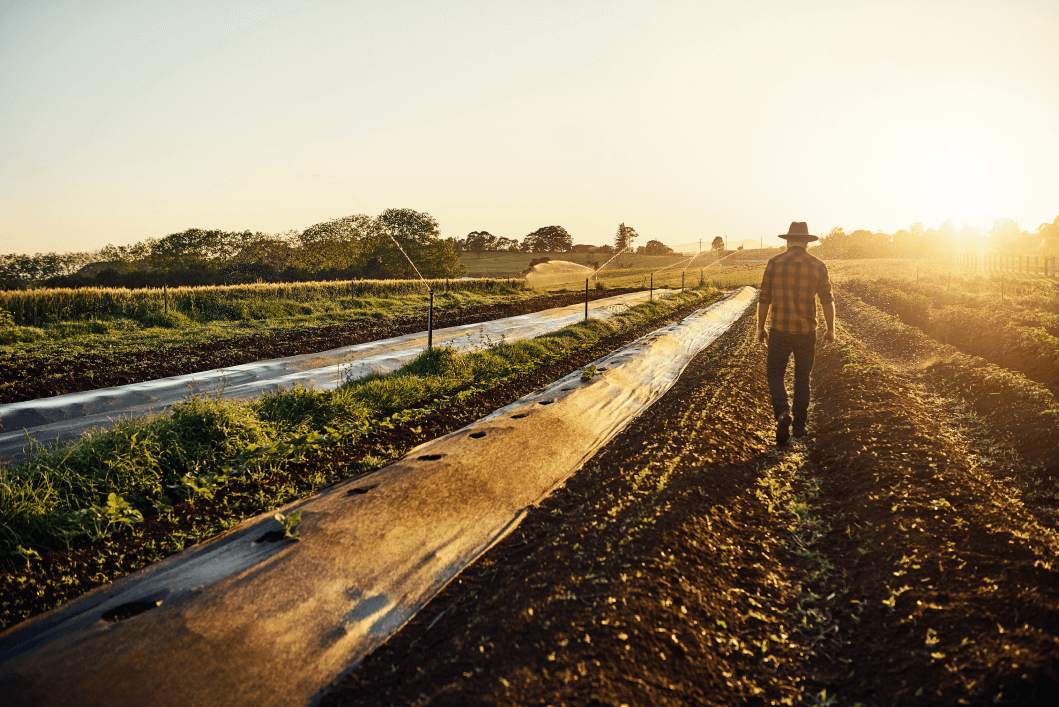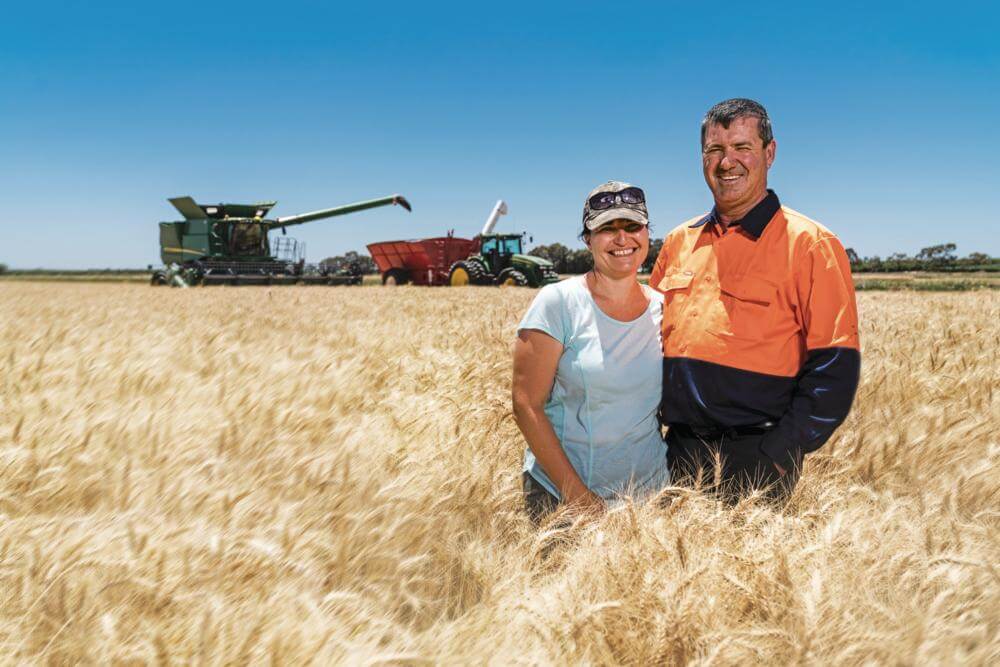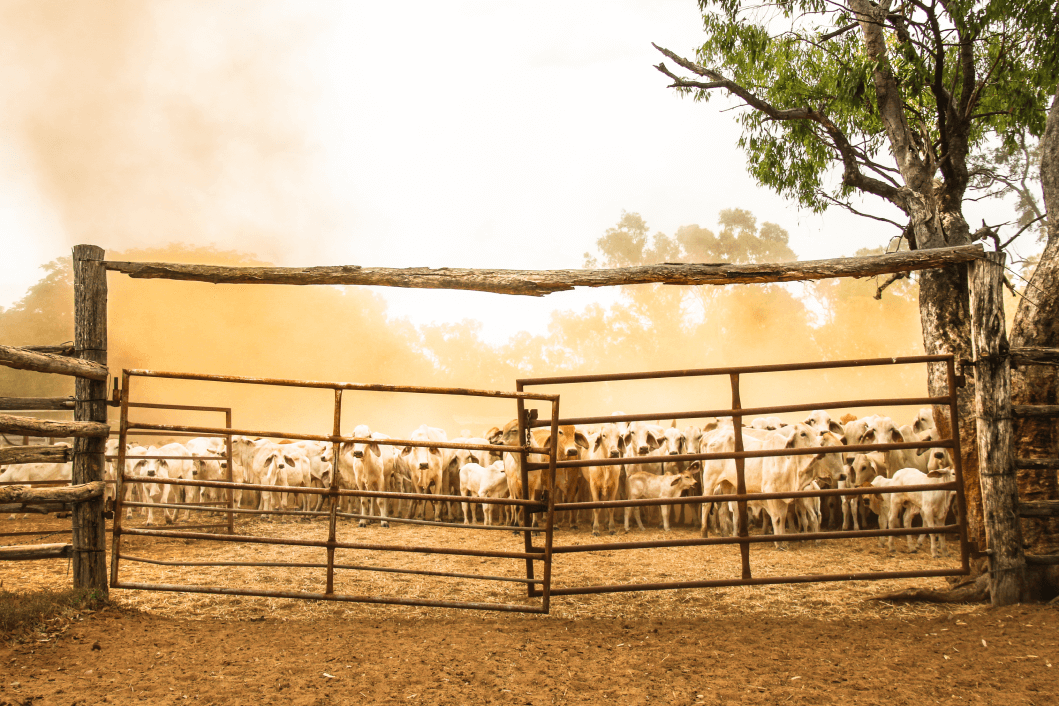It’s no secret that rural property is a sound investment. In fact, it can be one of the best investments you’ll ever make. But with so many options available to investors, it can be challenging to know where to start.
This article will compare rural property investments with other popular vehicles, such as livestock and agribusiness ventures.
We will also explore the different providers offering rural property loans and help you decide the best option for you.
What do we mean by investing in rural property?
Rural property is any land outside the city limits used for agricultural or forestry purposes. This can include anything from small family farms to large commercial operations.
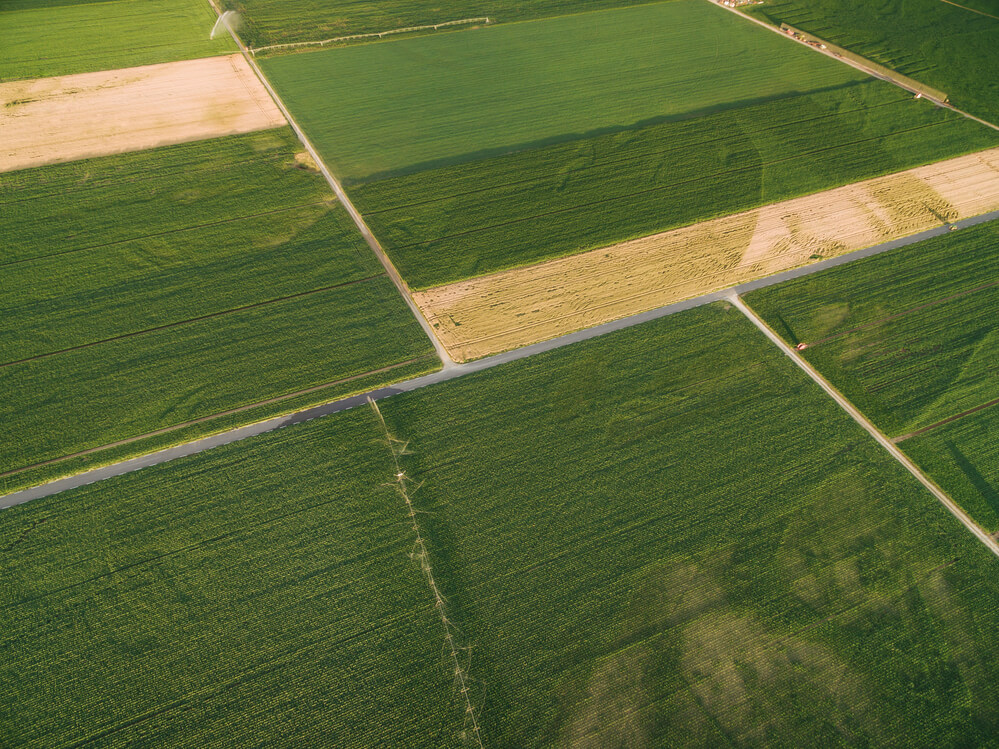
Why is rural property a good investment?
There are many reasons why a rural property is a good investment.
First and foremost, it is a tangible asset that will continue to appreciate over time. Depending on the size and use, rural property is typically much cheaper than urban property, so you can get more bang for your buck.
Another benefit of investing in rural property is that it can provide a steady income stream through things like leasing or crop production. It’s also an excellent hedge against inflation since it’s not subject to the same economic fluctuations as stocks and other investments.
So, if you’re looking for a solid investment that will appreciate in value over time and provide a steady income stream, rural property is a great option to consider.
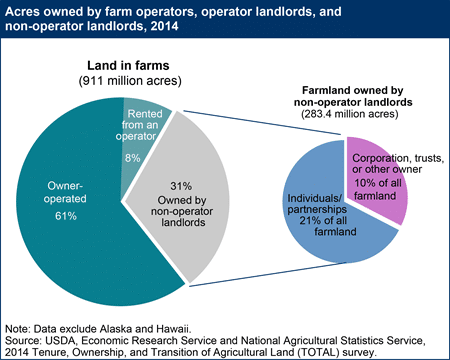
Of course, as with any investment, some risks are also involved. For example, rural property is often located in remote areas, making it difficult to access essential services like healthcare and education.
Additionally, agricultural production is subject to unpredictable weather, so there is always the risk of crop failure.
Before investing in a rural property, be sure to do your research and speak with a qualified advisor to ensure that it’s a suitable investment for you.
Livestock investing vs agribusiness vs rural properties
Rural properties are an excellent option for investors looking to diversify their portfolios. However, some key differences exist between investing in rural property and other types of investments, such as livestock or agribusiness.
Rural properties are usually considerably larger than other investments, such as livestock or agribusinesses. This means that they require more capital to get started. Additionally, rural properties often come with a higher level of risk due to their remote location and reliance on agricultural production.
That being said, rural properties can offer many advantages over other investments.
For example, rural property is a much more stable investment than livestock investing. This is because land generally is not subject to the same market fluctuations as livestock.
Additionally, rural properties can appreciate value over time, whereas livestock typically does not.
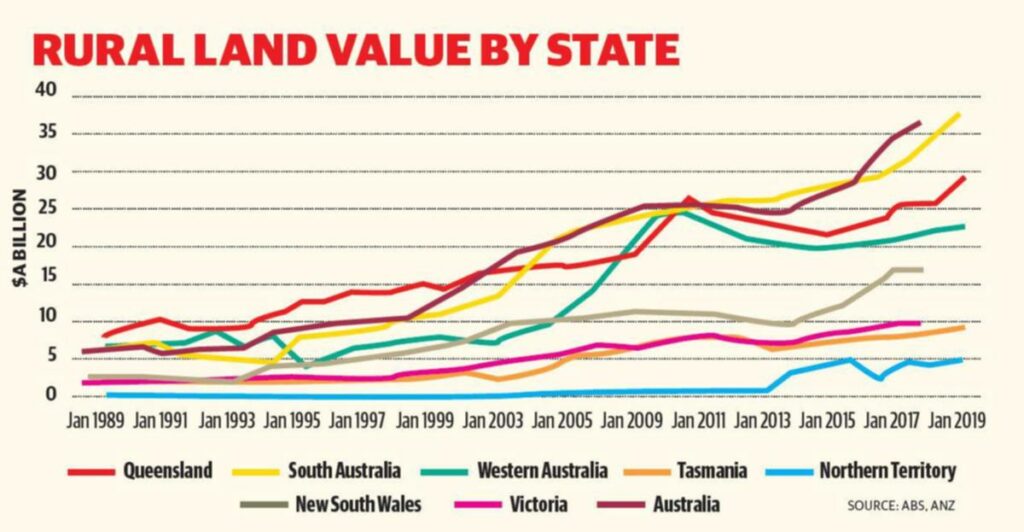
In some cases, there is no need to provide ongoing care for rural property, as is the case with livestock. This can make a rural property a more passive investment than other options.
Compared to agribusinesses, rural property investment can offer several advantages.
First, rural property is not subject to the same regulatory burdens as agribusinesses.
Rural property can be a more passive investment than an agribusiness, as there is no need to manage employees or day-to-day operations.
Overall, rural property can be a good investment for those looking for appreciation potential, passive income, and low regulatory and administrative burdens.
How to finance a rural property investment
There are three main types of lenders that can provide financing for rural property purchases: banks, private lenders, and brokers.
Banks are the most traditional source of financing for real estate purchases. However, they typically have stricter lending standards than other lenders, making it more challenging to qualify for a loan.
Private lenders are another option for financing rural property investments. Private lenders are usually more willing to take on riskier projects, so they may be a good option for borrowers who don’t qualify for a loan from a bank.
Brokers are a mediator between borrowers and lenders. They specialise in comparing loans to get you the best rate across multiple lenders.
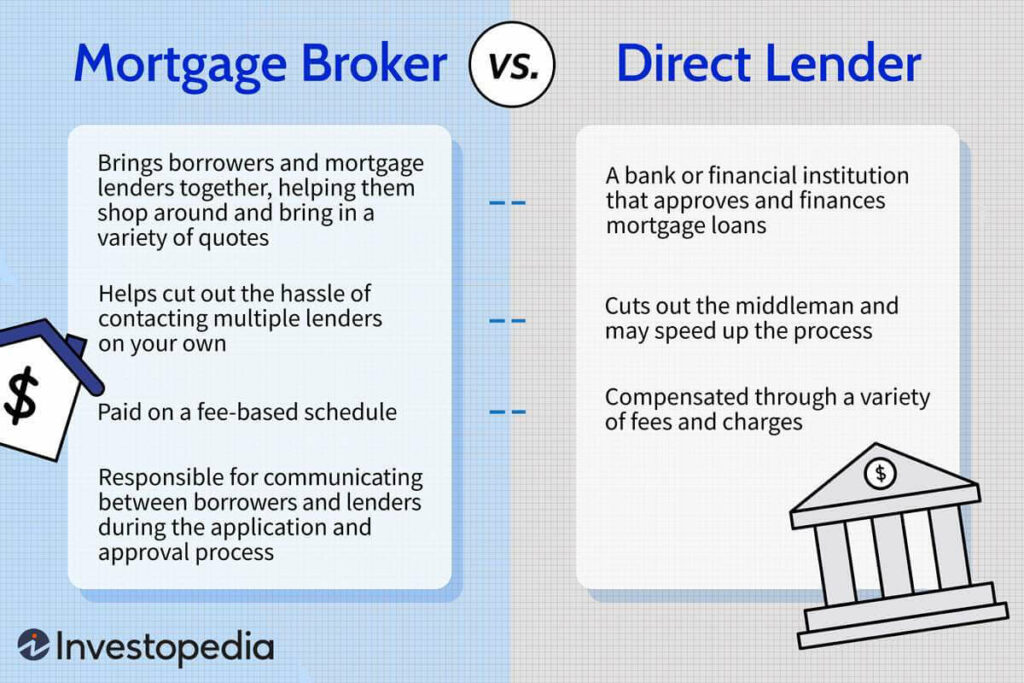
They typically have a vast network of potential lenders to shop around for the best rates and terms. This is a good option for borrowers who want to compare multiple offers before choosing a loan.
When considering any investment, it’s essential to do your research and consult with a qualified advisor to make sure it’s the right decision for you.
Rural property investing can be a great way to build wealth, but it’s not without risk. Make sure you understand the risks and potential rewards before making any decisions.
So, is rural property a good investment?
Rural property investment comes with a lot of benefits for the savvy investor. It can be a great way to diversify your portfolio, generate income, and build wealth over time.
Rural property is a more stable investment compared to other types of investments, such as stocks, bonds, and mutual funds. This is because the value of land is not as volatile as different types of assets.
Another benefit of investing in rural property is that you have the potential to generate income from rent or leases. If you own a farm, you can also generate income from selling crops or livestock.
Finally, rural property is a great way to build wealth over time. The value of land typically increases over time, so you can expect your investment to grow in value. This makes rural property a wise investment for those looking to build long-term wealth.

